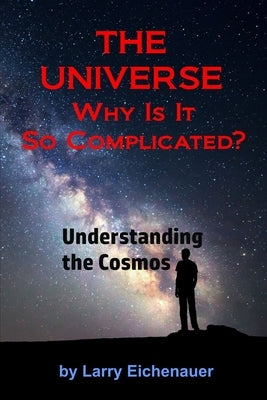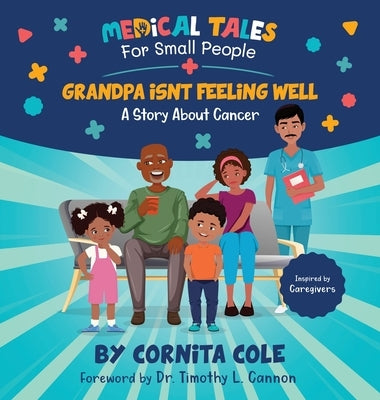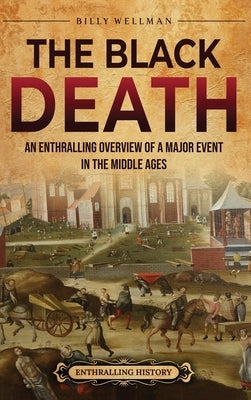Trauma, which has long been buried within the taboos of societal discourse, has recently gained a sense of legitimacy. Statistics from the Centers for Disease Control and Prevention indicate that trauma is far more ubiquitous than society wishes to accept or acknowledge. And yet, despite trauma's augmented presence within the public discourse, it remains a source of tremendous ambivalence-particularly within schools. In the English classroom, these dynamics may be even more prominent, since instruction related to reading and writing often necessitates that students connect vulnerably to narratives. This practical book helps readers understand:
- The neuroscience of trauma
- How trauma can show up in the English classroom
- Why trigger warnings often fall short
- How to build connections through relational teaching
- How to use characters from books to help students navigate their own trauma
- Strategies for responding to student writing about personal trauma
By exploring how trauma impacts students' ability to read literature, write, and engage, English teachers will be better prepared when relating to students who get triggered by content that evokes past traumas.
About the AuthorAdam Wolfsdorf is the Humanities Department chair and an original founding member of Bay Ridge Preparatory High School. He is also an adjunct professor at New York University's Steinhardt School of Education, and a visiting assistant professor in Wesleyan University's Graduate Liberal Studies Program. Wolfsdorf holds a PhD in English education from Columbia University, where he served as the coordinator of the INSTEP master's program. He has published extensively in Changing English, The F. Scott Fitzgerald Review, English Education, English Journal, and The Columbia Literary Journal. Wolfsdorf has book chapters in Humanizing Grief in Higher Education (Routledge) and Deep Reading, Volume 2 (Peter Lang). Outside of the English classroom, Wolfsdorf has performed professionally for 25 years. He appeared in the national tours of the Broadway musicals RENT (with Neil Patrick Harris) and Grease. He also fronts the nationally touring rock band, The Energy (MTV, NBC, ABC, and ESPN). Wolfsdorf earned his master's degree in psychology and education from Columbia University, and holds a bachelor's degree in English from Harvard University.
Kristen Park Wedlock researches, teaches, and practices contemplative writing in the dharma arts tradition of Chogyam Trungpa Rinpoche, Allen Ginsberg, Anne Waldman, Reed Bye, and Bhanu Kapil. Her background in physiology, kinesiology, dance, and somatic yoga informs the way she composes the page: a choreography of words excavated from the body. She serves as an assistant professor of writing at Georgian Court University. Additionally, she is cofounder of Precipice Collective, a small press designed to serve its community through alternative models of investigative, sustainable, critical research; collaborative, integrative publishing; and engaged, embodied outreach. Her book-length publications include Strangers at the Event Horizon (Gesture Press), and Precipice: Writing at the Edge (Precipice Collective). Kristen claimed her master's degree in fine arts in writing and poetics from Naropa University, as well as her Bachelor of Science in exercise science from Rutgers University. In addition to her formal education, she earned a certificate from the Contemplative Studies ICP Summer Program at Brown University, a 200-hour Teacher Certificate in Soma Yoga and Movement Re-Education from the Princeton Center for Yoga and Health, and an Integrative Somatic Therapy Certificate from the Embody Lab.
Cassandra Lo, EdD is an assistant professor of English education and literacy at St. Thomas Aquinas College in Sparkill, New York. She earned a doctorate in education in reading, writing, and literacy from the University of Pennsylvania, a Master of Arts degree in English education from Teachers College, Columbia University, and a Bachelor of Arts degree in English and teacher education from the College of the Holy Cross. A former high school English and journalism teacher, Dr. Lo now works with both literacy specialists and preservice teachers in methodology coursework and the student teaching seminar. Her research focuses on relational teaching practices, trauma-sensitive pedagogies, and supporting teachers of color. Dr. Lo has been published in School Psychology Quarterly and Writing and Pedagogy and has a chapter in Developing Trauma Informed Teachers (InfoAge). She has presented her work at conferences for many educational organizations, including NCTE, AERA, LRA, and NASPA.





















































